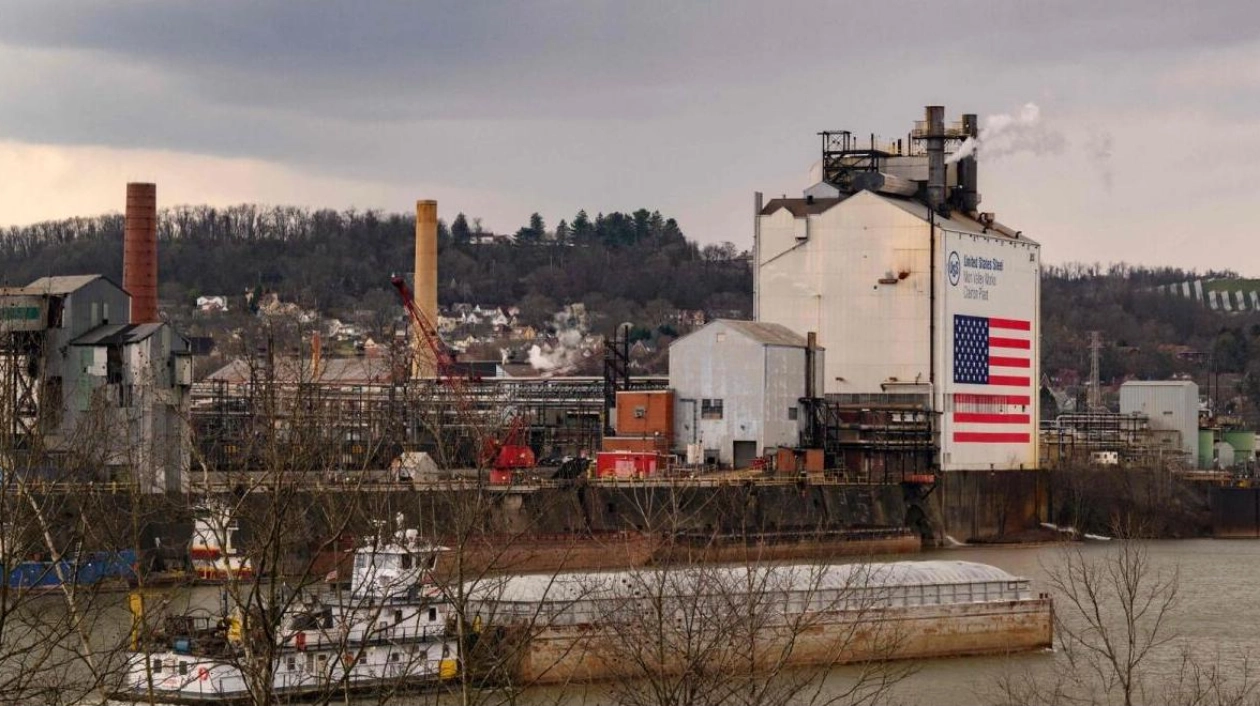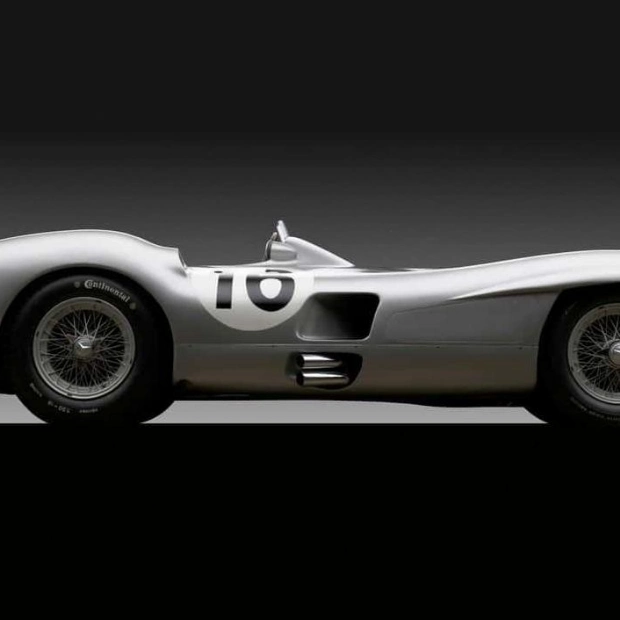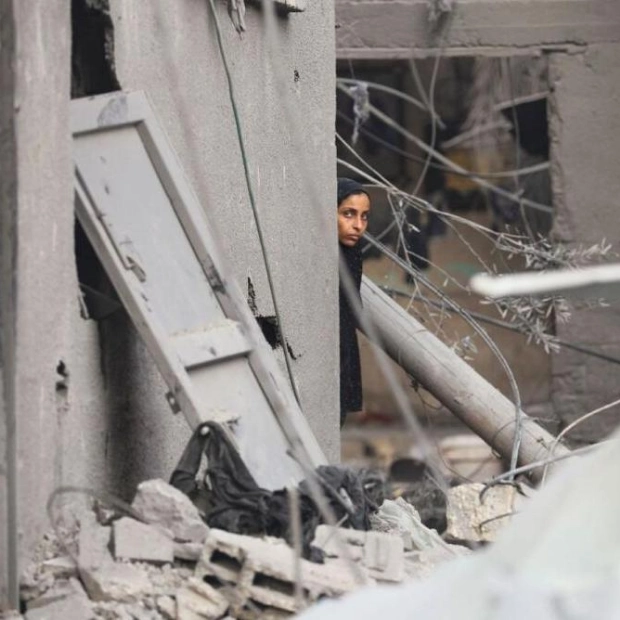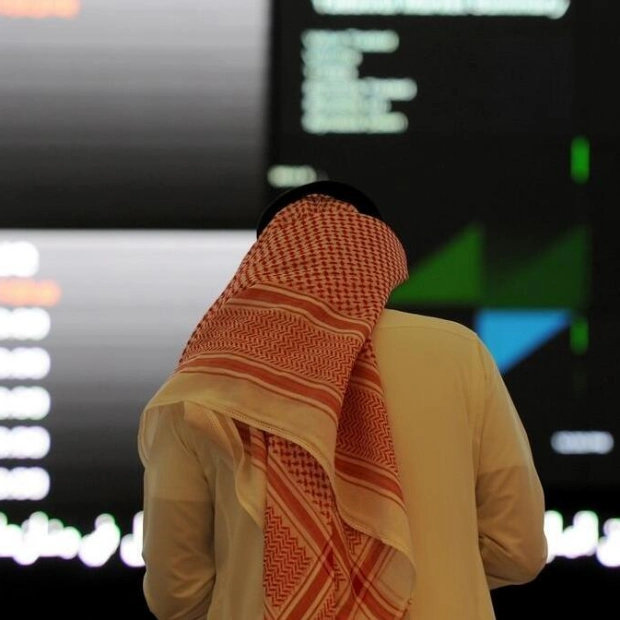The proposed acquisition of United States Steel by Nippon Steel has stirred unease in Pittsburgh, a city where the metal industry once reigned supreme and continues to hold a significant place in the collective consciousness. Critics, including the United Steelworkers (USW), view this merger as another threat in the ongoing battle to sustain the industry, which was severely impacted by plant closures in the 1970s and 1980s.
"There's a deep history and a lot of pride associated with it," remarked Bernie Hall of the USW, a fourth-generation metals worker. "Steel is integral to western Pennsylvania." In December, US Steel agreed to a $14.9 billion sale to Nippon Steel, which has pledged to invest in Pennsylvania factories to maintain their competitiveness against foreign producers and newer, more environmentally friendly "mini mills" in the American South. However, Hall, who leads the Pennsylvania chapter of the USW, expressed concerns about Nippon Steel's lack of clear plans for the Pittsburgh-area plants in the Mon Valley, some of which date back to 1875.
Both President Joe Biden and former President Donald Trump have pledged to block the deal, aiming to secure blue-collar votes and potentially delaying the transaction until after the November election. The outcome could determine the fate of the last steel factories in the Pittsburgh region. Pittsburgh's association with steel is deeply ingrained in American culture, partly due to the fame of the Pittsburgh Steelers football team. However, the city's industrial landscape has drastically changed since the 1980s.
Former steelworker Edward Stankowski Jr., author of "Memory of Steel," described how the industry was once a gateway to the middle class but has since lost its allure. The site of his former factory in Pittsburgh's South Side has been redeveloped into residential and commercial spaces. "I don't miss the industry," Stankowski said, appreciating the cleaner environment now. Steel production was well-suited to western Pennsylvania due to its abundant coal and waterways, but economic shifts have significantly altered the industry's landscape.
The Mon Valley plants, according to regional economist Chris Briem, need substantial reinvestment to remain competitive. The renaming of the US Steel tower as the UPMC building reflects the region's shift towards healthcare as its leading employer. Nippon Steel has committed to maintaining operations at the Mon Valley Works and investing $1.4 billion in facilities represented by the USW by 2026.
Nippon Steel has suggested that approval prospects might improve post-November. Supporters of the deal argue that without it, US Steel could face fragmentation, adding to the uncertainty for its 3,000 Pennsylvania workers. However, the USW criticizes Nippon's vague plans, questioning their commitment to long-term investment in the community. Some workers view the deal skeptically, fearing job losses, while others remain hopeful about potential long-term benefits.






